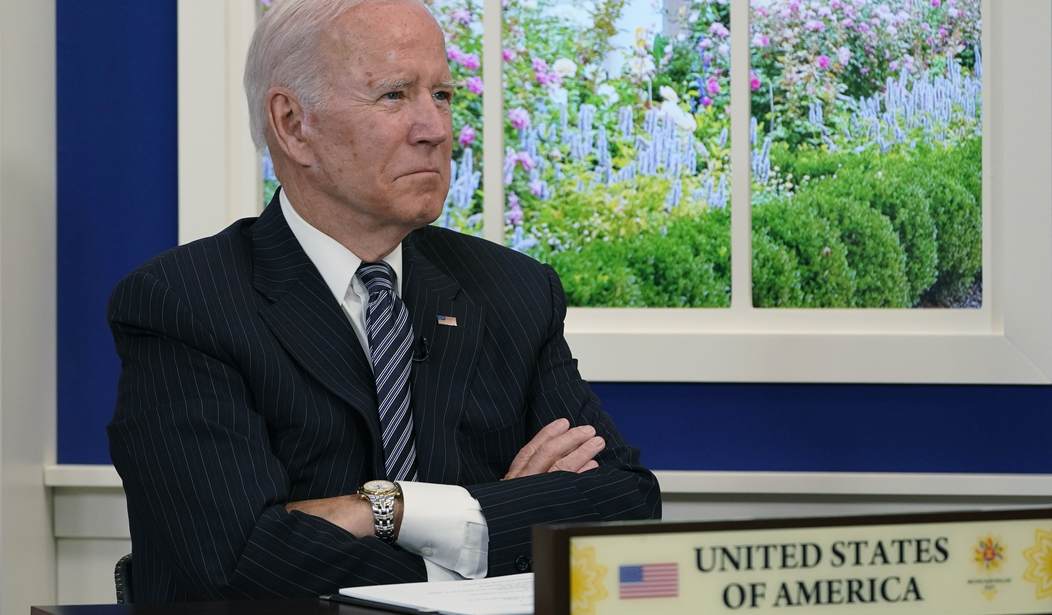For years, progressives mocked anyone who warned that the Democratic Party's move leftward would produce government officials who might push actual socialist policies once in office. I'll admit that for a variety of reasons I never found this extreme version of the slippery-slope argument convincing. Yes, both sides have embraced big government policies, and the recent "America First" approach embraced by Republicans in recent years should alarm us. Still, with the Biden administration's nomination of Cornell University Law School professor Saule Omarova to become Comptroller of the Currency, I wonder if I was too fast to dismiss the possibility.
Consider Omarova's academic work. The Wall Street Journal notes that she would like to put an "'end to banking' as we know it," in part by transferring private banking functions exclusively to the Federal Reserve, where accounts would "fully replace" private bank deposits. Under her plan, the Journal continues, "The Fed would control 'systemically important prices' for fuel, food, raw materials, metals, natural resources, home prices and wages" after the Fed is transformed into what she calls "the ultimate public platform for generating, modulating, and allocating financial resources in a modern economy.'"
If confirmed, she would have an ability to regulate "systemically important" risks as a member of the Financial Stability Oversight Council. Her words and deeds require scrutiny. However, true to the form of some contemporary progressives, Omarova accuses those who highlight this part of her agenda of misogyny, xenophobia and racism, as she is "a woman, an immigrant and a minority." But I can assure her that this motivation is not what drives me, as a woman and an immigrant myself.
What disturbs me is Omarova's belief that fixing the flaws of the financial sector requires nothing resembling ridding the system of cronyism or the perverse incentives created by too-big-to-fail policies, but instead a massive -- and indeed, unprecedented in the United States -- expansion of political control over the private economy.
Recommended
If you think her ideas sound a little like they were designed in the USSR, you would be onto something. In 1989, Omarova graduated from Moscow State University on the Lenin Personal Academic Scholarship. Now, being born and raised in a particular country doesn't necessarily mean that you embrace its beliefs. I come from France, where there's still an active communist party and where the Left and the Right fight to see who can be furthest to the left of Sen. Bernie Sanders. Yet I never wanted to transform the United States into France. In fact, I spend most of my waking moments trying to prevent such a tragedy.
Not Omarova, who genuinely seems to believe the USSR had better policies than the USA. For instance, she tweeted, "Until I came to the U.S., I couldn't imagine that things like gender pay gap still existed in today's world. Say what you will about old USSR, there was no gender pay gap there.'" She later clarified: "I never claimed women and men were treated absolutely equally in every facet of Soviet life. But people's salaries were set (by the state) in a gender-blind manner. And all women got very generous maternity benefits. Both things are still a pipe dream in our society!"
Setting aside her revisionist history of a regime that killed tens of millions of people, those of you who have read my column know that it's a sign of great ignorance to claim that because the United States doesn't have a federal paid-leave mandate, most American workers have no paid leave. The truth is that this country has a vast and expanding network of companies that provide ample fringe benefits without being required by government to do so. Included among these benefits is paid leave. It covers some 60% of workers and is flexible, accommodating, and often more generous than the plans now being considered in Congress.
Omarova displays no less ignorance when she talks about the so-called "gender pay gap." There's now a bipartisan recognition that when measured properly, the U.S. pay gap is small. As Harvard economist Claudia Goldin's research shows, the remaining gap isn't the result of discrimination against women, but it's the product of mothers wanting more flexible and often less time-consuming professions.
This column only scratches the surface of Saule Omarova's radical policies and misguided praise for her former country with its defunct and tyrannical economic system. It makes her nomination puzzling when it comes from a president elected for being a moderate. It certainly lends ammunition to those who have warned of a slippery slope toward socialism.

























Join the conversation as a VIP Member